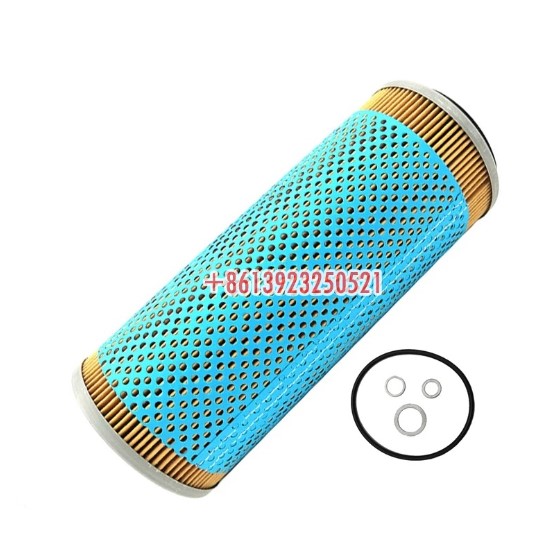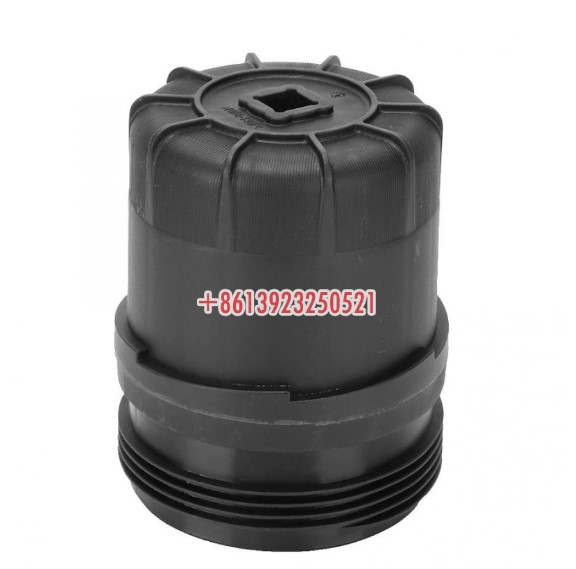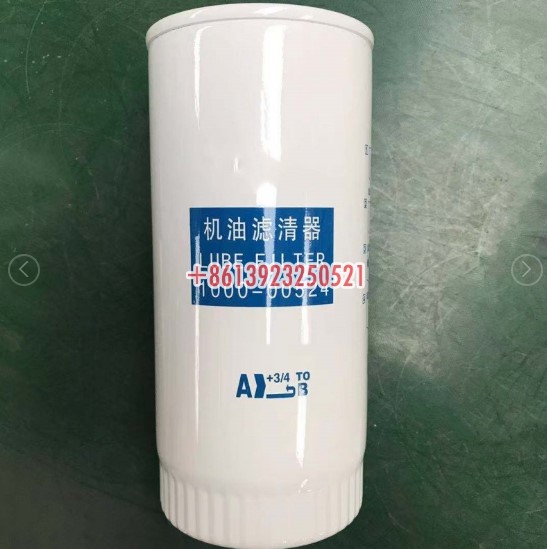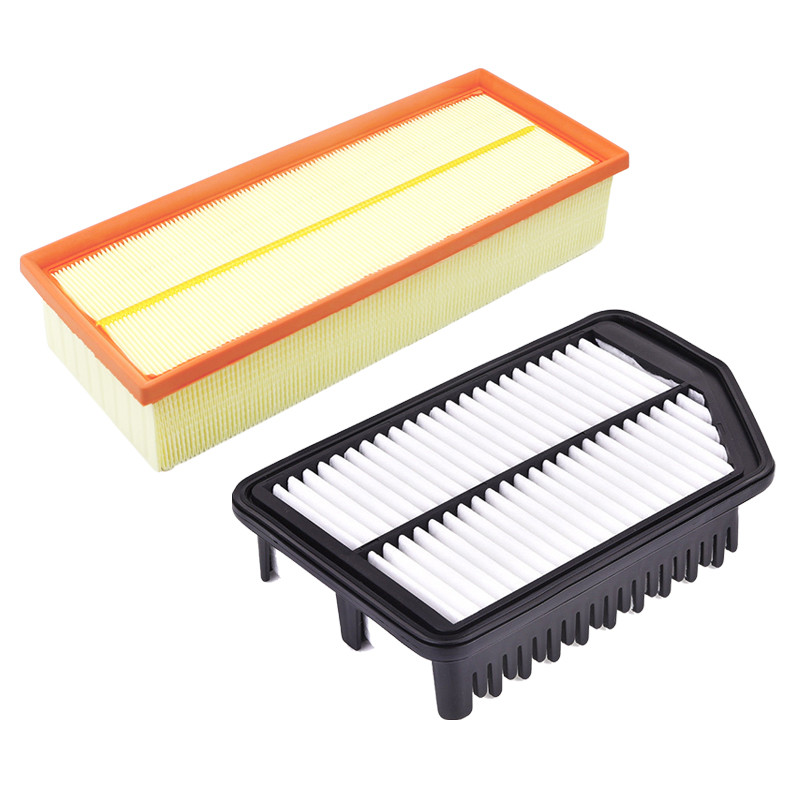When it comes to automobile maintenance, one vital component that often goes unnoticed is the oil filter. It may be small in size, but its role in preserving the health of your vehicle's engine is enormous. Many car owners wonder whether they can drive without an oil filter, but before we delve into that question, let's first understand the crucial function of an oil filter.
What Is The Role Of The Oil Filter?
The oil filter is like the guardian of your car's engine. As the engine operates, it generates numerous contaminants and debris that can accumulate in the oil over time. The fundamental function of the oil filter is to remove these pollutants and guarantee that only clean oil passes through the engine. This keeps dangerous particles out of the engine and guarantees peak performance.

Consequences Of Driving Without An Oil Filter
Driving without an oil filter is a recipe for disaster. The unfiltered oil allows harmful particles to freely circulate through the engine, leading to accelerated wear and tear on crucial engine parts. These pollutants can harm bearings, cylinder walls, pistons, and other important components over time, resulting in decreased engine performance and efficiency.
One of the most severe consequences of driving without an oil filter is the potential for catastrophic engine failure. The accumulation of debris can lead to oil starvation, where the engine lacks sufficient lubrication to function correctly. This can cause the engine to seize up, leading to costly repairs or even requiring a complete engine replacement.
Is It Safe To Drive Briefly Without An Oil Filter?
While it's not recommended, there may be situations where you find yourself without a functioning oil filter, and you need to drive for a short distance to reach help or a repair shop. Driving at modest speeds for a short distance may be viable in an emergency. However, it is critical to recognize that this should only be used as a last option and not as a long-term cure.
Driving without an oil filter even for a short distance puts your engine at risk. The contaminants can quickly cause damage, and it's best to get the oil filter replaced as soon as possible.

Fleetguard Passenger Bus Filters
Why Replacing A Faulty Oil Filter Is Crucial?
Regularly replacing the oil filter is a simple yet critical aspect of vehicle maintenance. The cost of an oil filter is relatively low compared to the potential damage it can prevent. You may extend the life of your car by ensuring that your engine receives clean oil. This reduces the danger of early wear and strain on engine components.
Moreover, a clean oil filter contributes to better engine performance and improved fuel efficiency. With a functioning oil filter, your engine can operate smoothly, delivering optimal power and responsiveness. Regular replacements will save you from costly repairs in the long run and keep your engine running efficiently.
Choosing The Right Oil Filter For Your Vehicle
Selecting the correct oil filter for your vehicle is crucial to ensure proper engine protection and performance. The first step is to determine the manufacturer and model of your vehicle.
There are various types of oil filters available, including standard filters, high-performance filters, and eco-friendly options. Each type has specific features and benefits, so it's essential to choose one that aligns with your driving habits and preferences.
Standard filters are suitable for regular driving conditions and provide reliable filtration for most vehicles. High-performance filters are intended for enthusiasts or individuals who own high-performance automobiles, and they provide better filtration and oil flow rates.

Conclusion
The oil filter in your car may be little, but it performs an important function in preserving your engine and guaranteeing maximum performance. Besides, if you are looking for a new oil filter in the market, COOBELL is your good choice! Contact us for more product details without hesitation!


.jpg)
.jpg)
